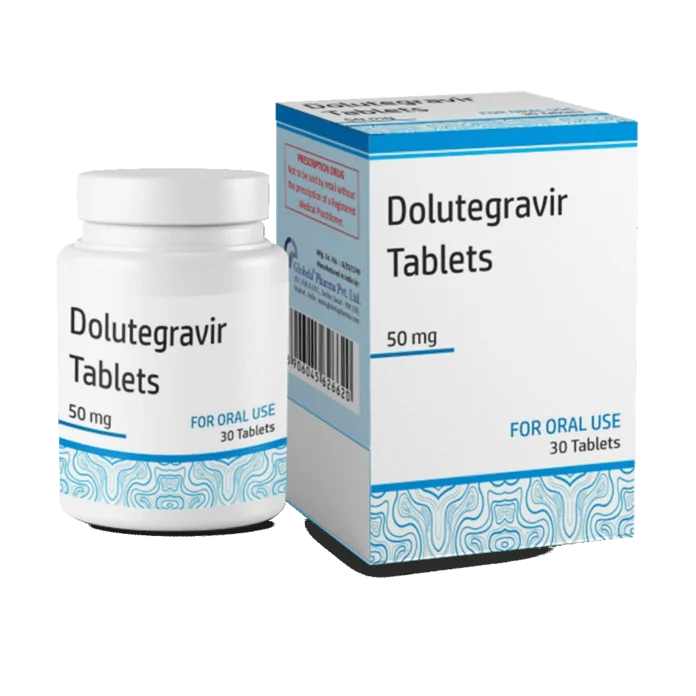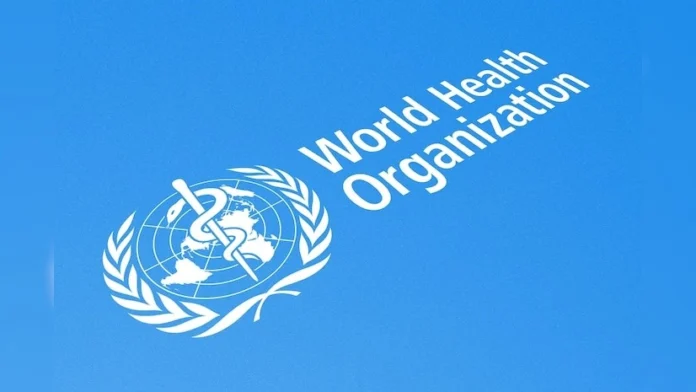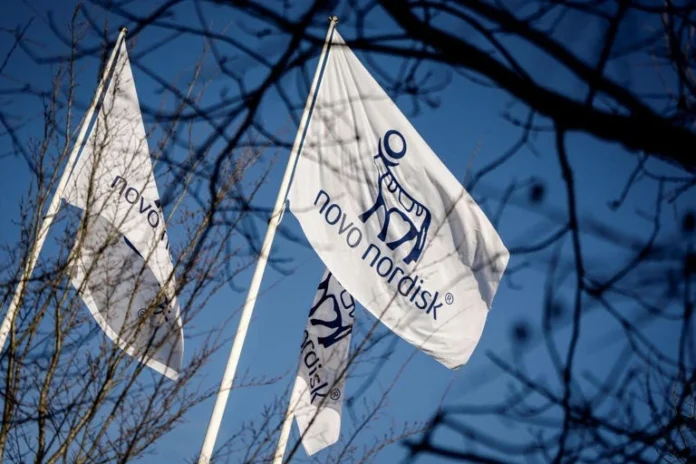WHO warns Trump cuts put millions of HIV patients at risk
The World Health Organisation (WHO) has raised serious concerns that HIV medication shortages sparked by cuts to USAID will increase resistance to crucial treatment, The Independent can reveal.
Leading epidemiologists have raised fears that shortages could reduce the effectiveness of the most commonly used HIV drug, dolutegravir (DTG), which is used by around 27 million people. This could leave patients without an alternative treatment.
Professor Andrew Phillips, at University College London, has created a model predicting resistance in HIV patients to DTG. He warns the number of people currently resistant to the drug could “easily at least double in six months” if people take less than one pill per day due to supply fears.
“If resistance starts to grow, this is a substantial problem for long-term HIV control in lower- and middle-income countries,” Prof Phillips said. “If there is a new reality for another year that people are taking less than 70 per cent of their doses, then it would start to feel like a real concern for building up resistance.”
A WHO spokesperson told this publication it “remains very concerned that we will not have a suitable replacement option for dolutegravir that is as easy to take, with low side effects, delivered at low cost, and safe for all, including children and pregnant women”.
“We should be doing all that we can to protect this first-line treatment and to ensure that the worst-case scenario of increased drug resistance projected by this UCL modelling exercise does not occur,” they added.
Because DTG-based treatment is intended to be taken daily, “intermittent use of DTG-based anti-retroviral treatment due to drug shortages is likely to lead to increased drug resistance, and we worry about this scenario”.
The warning comes after The Independent revealed the impact that sudden pauses by the Trump administration on the US President’s Emergency Plan for Aids Relief (PEPFAR) are having on the ground, with patients in countries across sub-Saharan Africa running out of medication.
On Mr Trump’s first day in office, he froze almost all US foreign assistance funds for 90 days, while projects were reviewed to make sure they were aligned with “American interests”.
Aids-related deaths could jump by four million to 10 million by 2030 unless US foreign aid money is reinstated, according to forecasts from the UN Aids agency (UNAIDS).
The Independent recently travelled to Uganda and Zimbabwe to see the impact of severing aid to those suffering from HIV. Among them was Hadja, who was pregnant and terrified that she would not be able to protect her unborn child. She described visiting hospitals where neither doctors nor drugs were available.











